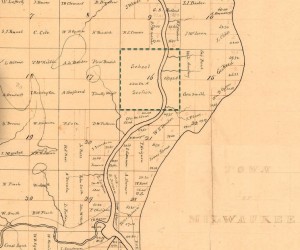Charter School Session: Performance, Perspective, and Passion
Charter schools are “the strongest wave of educational reform in the United States” and they’re not going away, one of the nation’s premier charter school researchers told a conference at Marquette University Law School this week. So what can be done to make the overall results of the movement more positive?
At the conference, titled “Charter Schools: Assessing the Present, Looking to the Future,” Margaret (Macke) Raymond, director of the Center for Research in Educational Outcomes (CREDO) at Stanford University, outlined policy implications of research she has led that includes data from 30 states.
“State policy matters a lot and there are specific policy variables that will get you a fair amount,” Raymond said. For example, authorizers of charter schools need to play their role well if they are to foster high performing charter schools while keeping weak operations from ever opening or closing them down if they are getting poor results. Having multiple local authorizers of charter schools (which Milwaukee has) and having a cap on the number of charter schools (which Milwaukee and Wisconsin do not have) leads to poorer results, Raymond said.
Charter schools are publicly-funded schools that operate to a large degree in independent and self-governing ways, freed from some of the rules and constraints put on conventional public schools. A little over two decades old, the charter movement has grown rapidly, with more than two million students in such schools nationwide. In Wisconsin, there are more than 200 charter schools. Authorizers, most often public school boards but sometimes other government agencies or even private non-profits, give a charter school permission to operate and at the end of a contract period, usually five years, have the power to withdraw that permission based on performance.

